Love, ah love, when your slipknot's drawn, one can but say, farewell, good sense
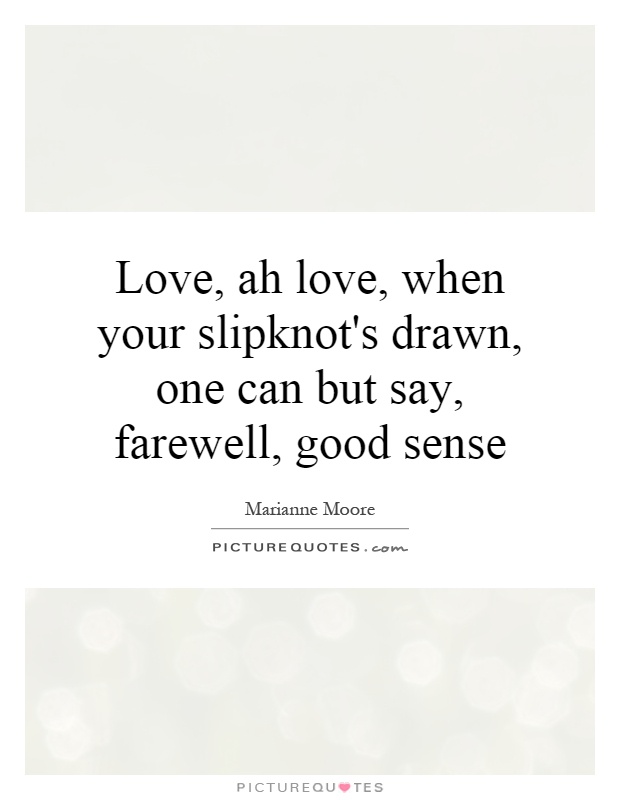
Love, ah love, when your slipknot's drawn, one can but say, farewell, good sense
Marianne Moore, a renowned American modernist poet, often explored themes of love, nature, and the complexities of human emotions in her work. In the line “Love, ah love, when your slipknot's drawn, one can but say, farewell, good sense,” Moore captures the tumultuous and unpredictable nature of love.Love, in Moore’s eyes, is not a straightforward or rational experience. It is often likened to a slipknot, a knot that tightens when pulled, becoming more difficult to untangle. This imagery suggests that once love takes hold, it can be difficult to break free from its grip. The phrase “one can but say, farewell, good sense” further emphasizes the idea that love can lead us to act irrationally or against our better judgment.
Moore’s exploration of love in this line reflects her broader interest in the complexities of human relationships. She delves into the emotional and psychological aspects of love, highlighting the ways in which it can both enrich and complicate our lives. Love, for Moore, is not simply a romantic ideal but a force that can challenge our sense of self and our understanding of the world around us.
The use of the word “farewell” in the line suggests a sense of resignation or acceptance of the power of love. It implies that once love has taken hold, we must bid farewell to our rationality and logic, surrendering ourselves to the unpredictable and often tumultuous nature of love.
Overall, Moore’s exploration of love in this line is a poignant reminder of the ways in which love can both elevate and confound us. It is a testament to the enduring power of love to shape our lives and challenge our notions of what it means to be human.
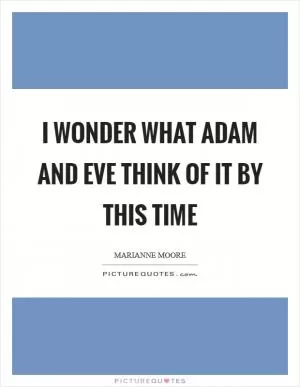
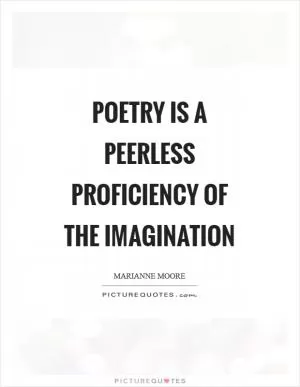
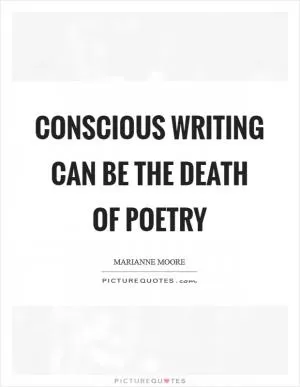


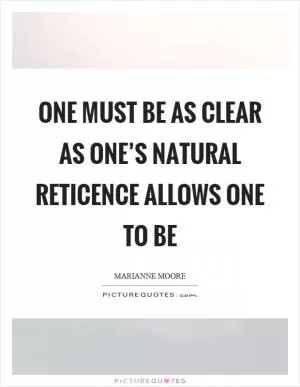
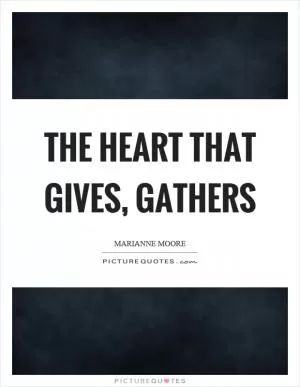

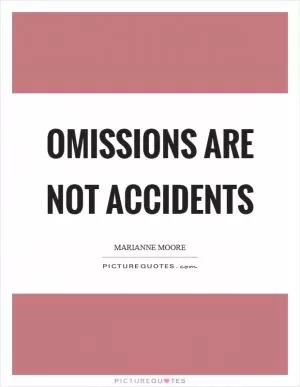
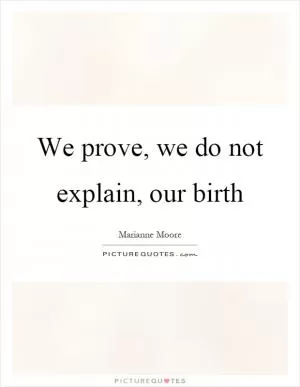
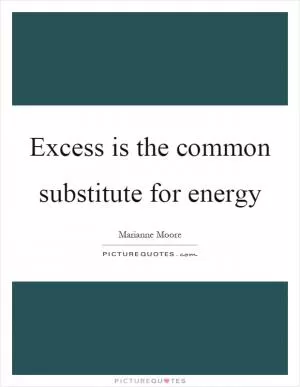

 Friendship Quotes
Friendship Quotes Love Quotes
Love Quotes Life Quotes
Life Quotes Funny Quotes
Funny Quotes Motivational Quotes
Motivational Quotes Inspirational Quotes
Inspirational Quotes